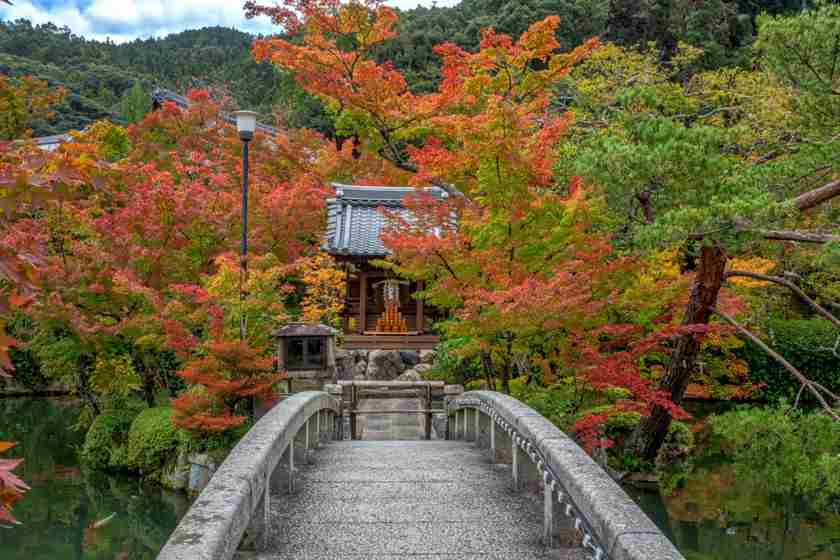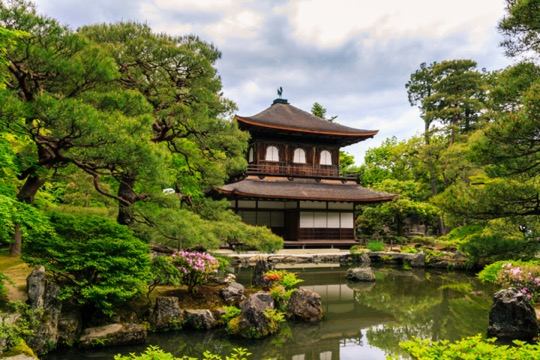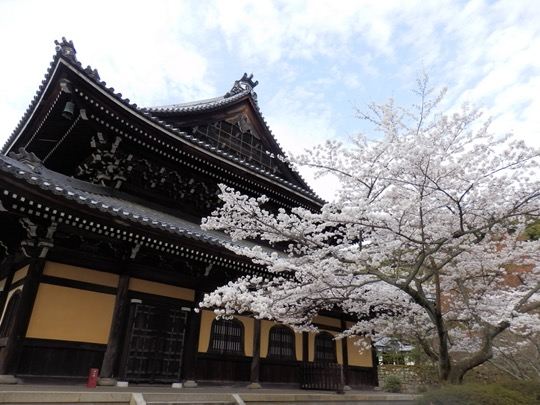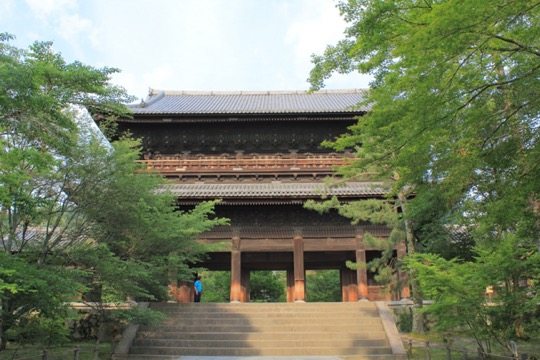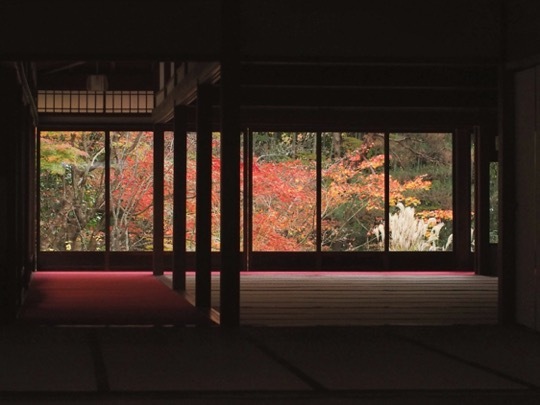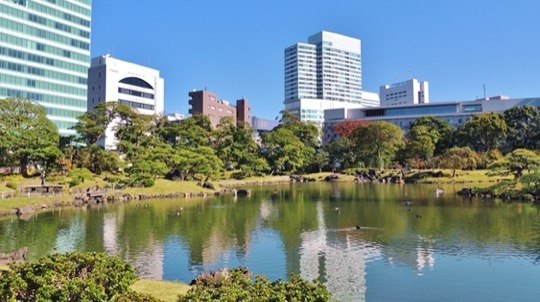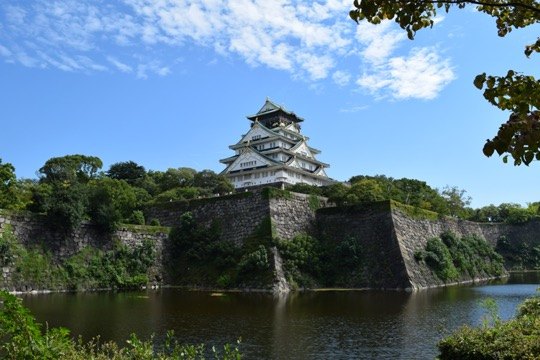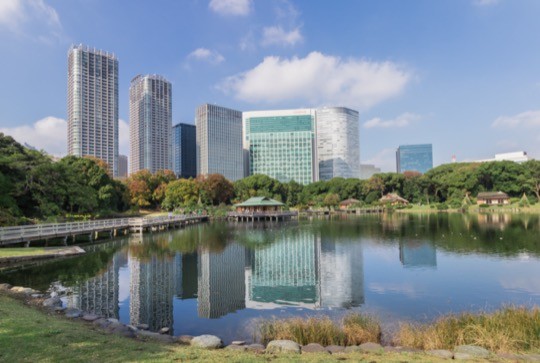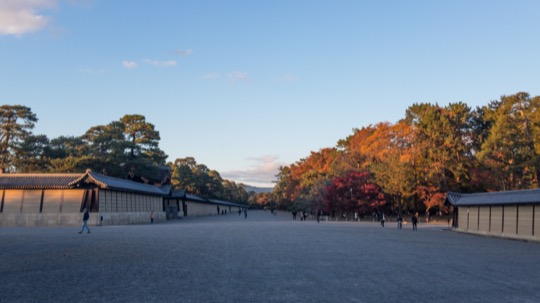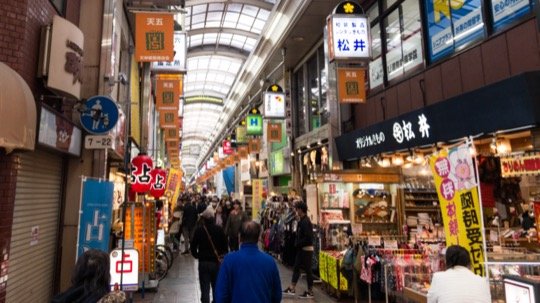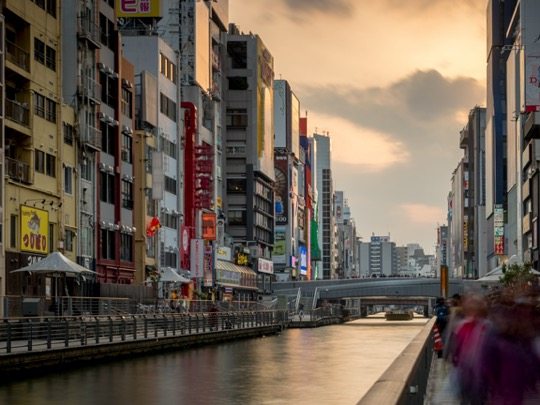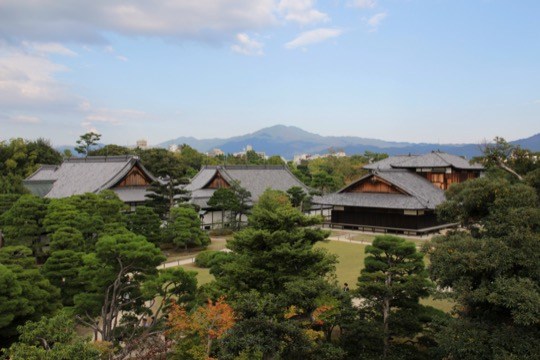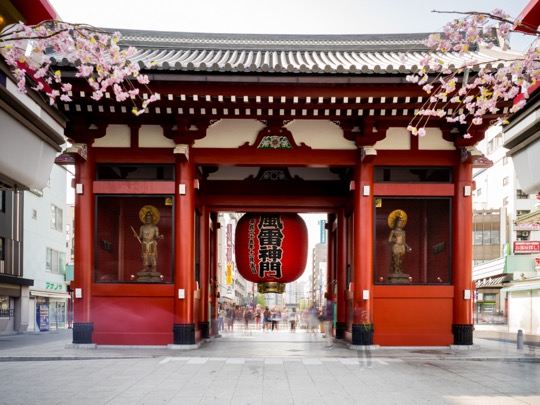The Philosopher's Path
A walk through Kyoto’s history and cherry blossoms along Tetsugaku-no-michi.
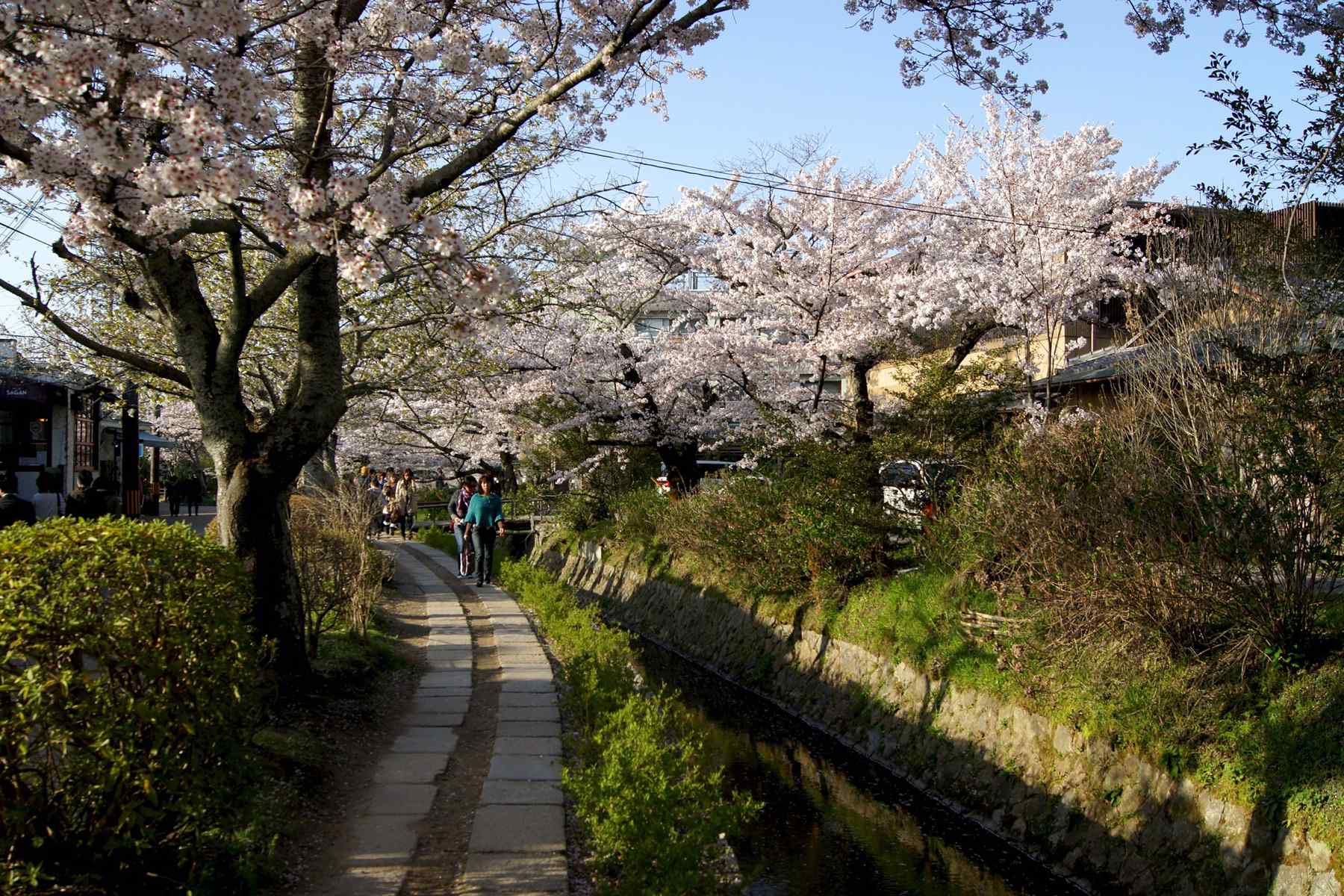
On This Page
The Philosopher’s Walk, or Tetsugaku-no-michi, is a scenic walk in Kyoto, Japan. Lined with cherry blossoms in spring and rich foliage in fall, this stone path stretches roughly 2 kilometers. Named after the philosopher Nishida Kitaro, who used it for contemplation, the path connects the notable Nanzenji Temple and Ginkakuji Temple and is lined with cultural sites and natural beauty, making it a favored destination year-round.
The Philosopher’s Walk runs through Kyoto’s Higashiyama district, starting near Eikan-do Temple and ending at the base of the approach to Ginkakuji. Along the path, visitors can admire the cherry trees that bloom in early April, making it a popular spot for hanami, the traditional cherry blossom viewing. The path is also a place of retreat into nature and reflection throughout the year.
Eikan-do Temple, known for its architectural beauty and religious significance, is an ideal starting point for the walk. Founded in 853, the temple is dedicated to Amida Buddha and is noted for its “Looking Back Amida” statue. The Nyakuoji-jinja Shrine, located along the path, contributes to the spiritual experience.
The path follows an irrigation channel that is part of the Lake Biwa Canal system, completed in 1890. The canal was important for transportation and water supply and includes an aqueduct near Nanzenji Temple.
Visitors will also find smaller temples and shrines, such as Honen-in Temple, with its impressive entrance gate and Otoyo Shrine. Cafes and galleries along the path offer cultural experiences. The path’s surroundings also provide views of the mountains, and historic sites like Koun-ji Temple add to the interest.
Nishida Kitaro, the philosopher associated with the path’s name, was a professor at Kyoto University and a prominent figure in Japanese philosophy. His walking meditations along this route have given the path its contemplative atmosphere. Historic figures such as Emperor Reizei, whose tomb is located near the path, add to the historical richness of the area, although not directly accessible to visitors.
The walk usually takes about 30 minutes, but with stops at various points of interest, many visitors spend more time exploring. The area accommodates various budgets, allowing visitors to experience more of the Northern Higashiyama district’s attractions and historical sites.
Planning Your Japan Trip?
Is a JR Pass Worth It For Your Route?
Honest Answer in 60 Seconds
A JR Pass doesn't always save you money (and for many routes, it's just extra hassle). Our free calculator works out the real numbers for your planned route, so you can decide for yourself.
Getting There the easiest way to reach The Philosopher's Path
Around The Philosopher's Path
Nearby in Kyoto the best attractions close to The Philosopher's Path
Eikando Temple
Experience the Zen spirit amidst autumn leaves at Kyoto’s Eikan-do
Ginkakuji
The Silver Pavilion: Reflecting the Artistic Splendor of the Ashikaga Shogunate
Nanzenji Temple
Historic Zen Buddhist Sanctuary in Kyoto’s Higashiyama Mountains
Nanzenji Temple Sanmon Gate
Nanzenji Temple’s Sanmon Gate, an Icon of Japanese Zen Buddhism
